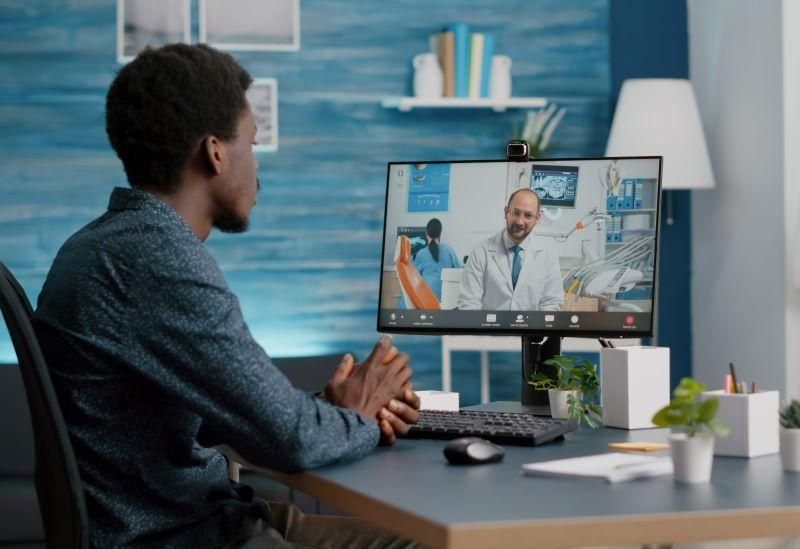
TUESDAY, Nov. 8, 2022 (HealthDay News) – Some patients with high blood pressure can’t get it under control with standard medications, but a new study shows an experimental drug is up to the task of treating these tough-to-treat cases. Why do some folks struggle more with managing their high blood pressure than others? When the… read on > read on >






























